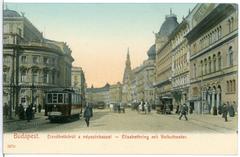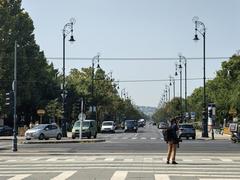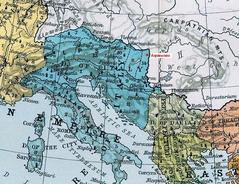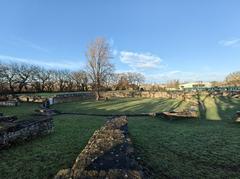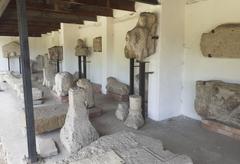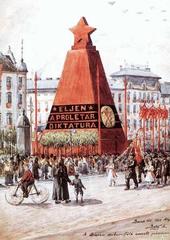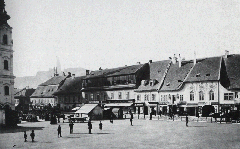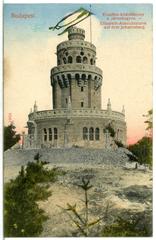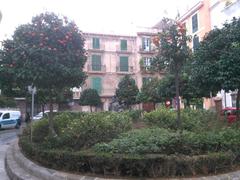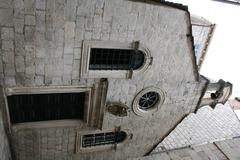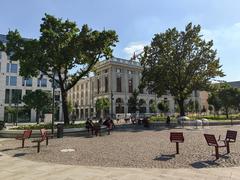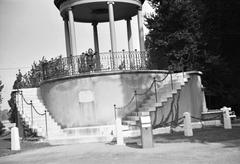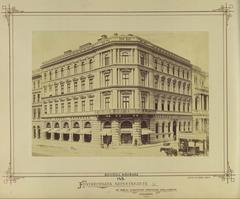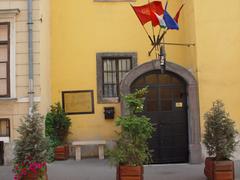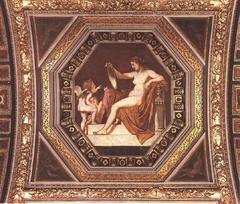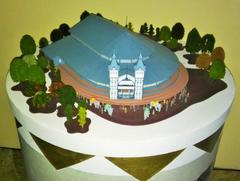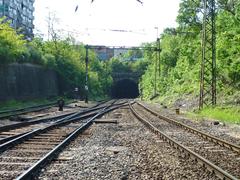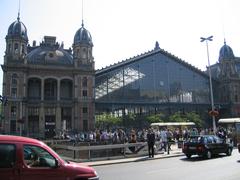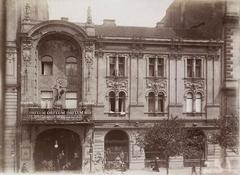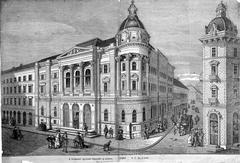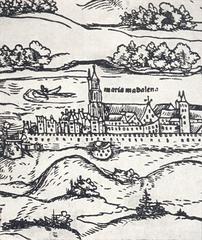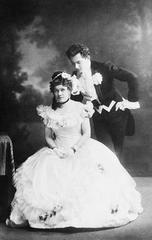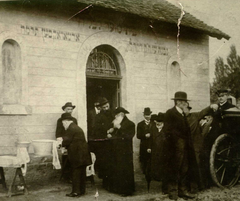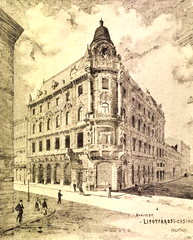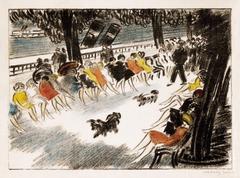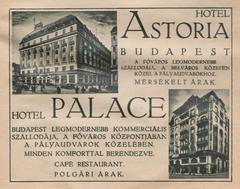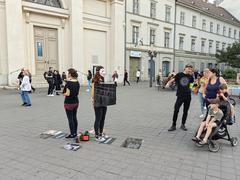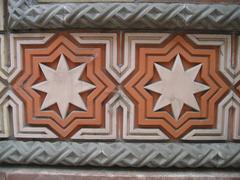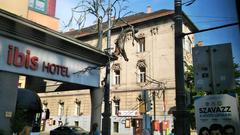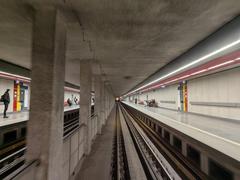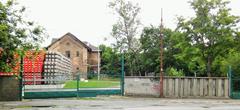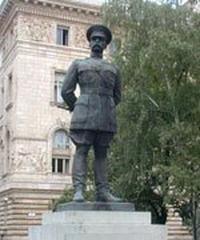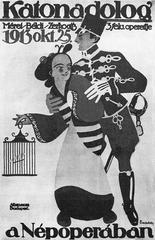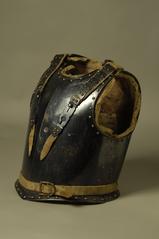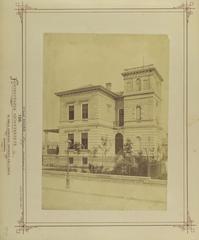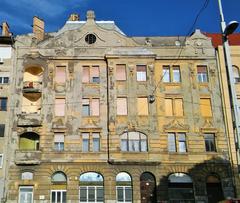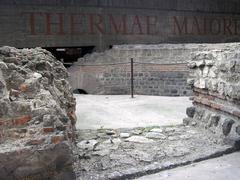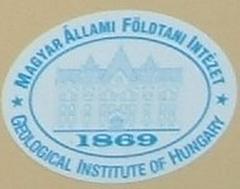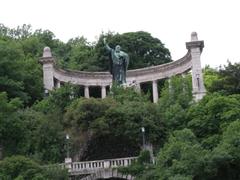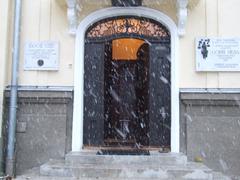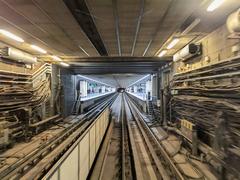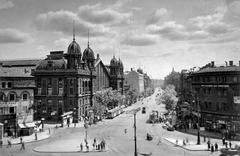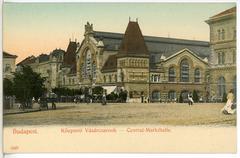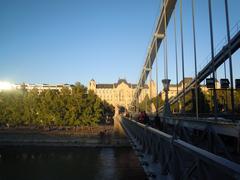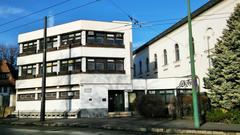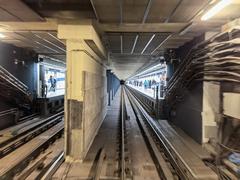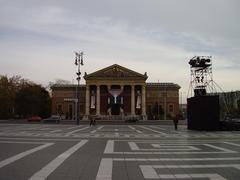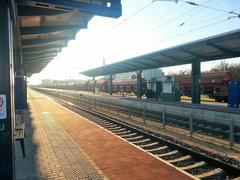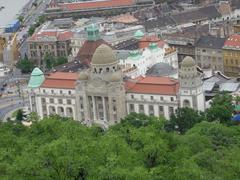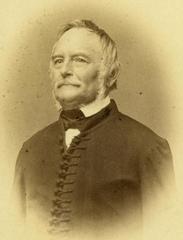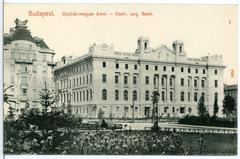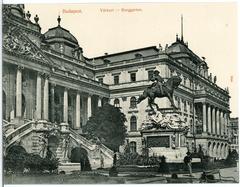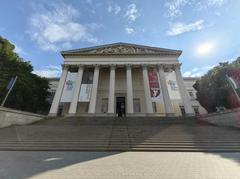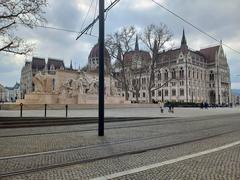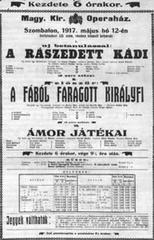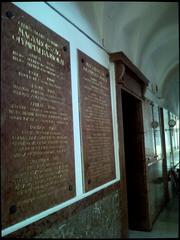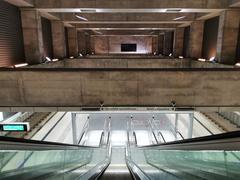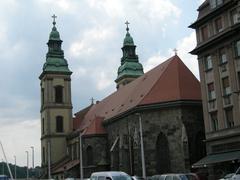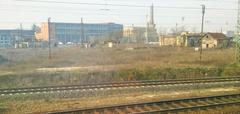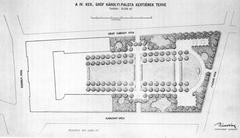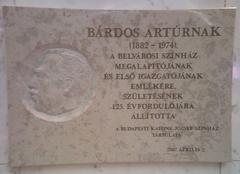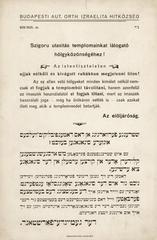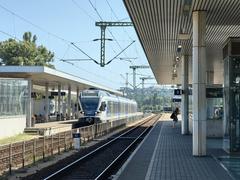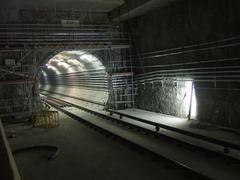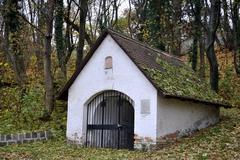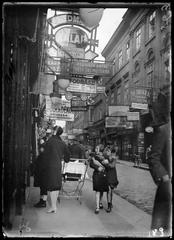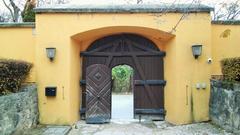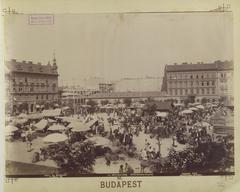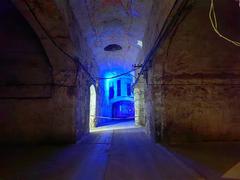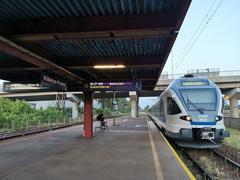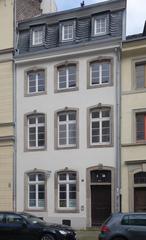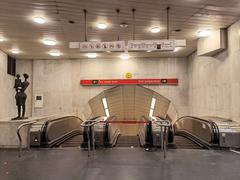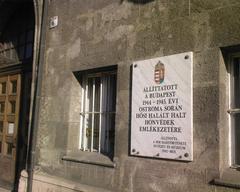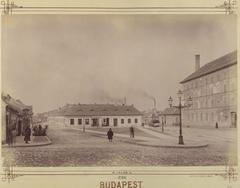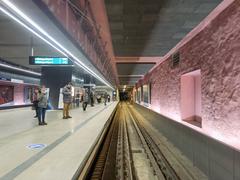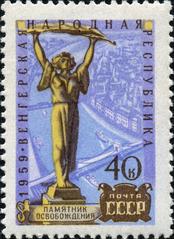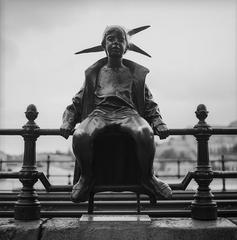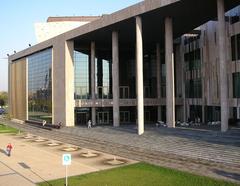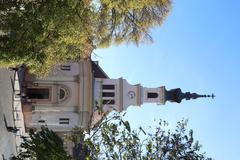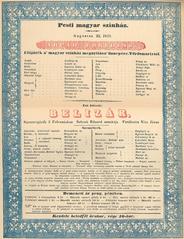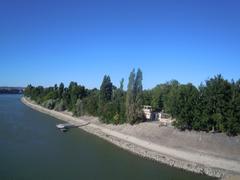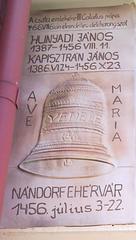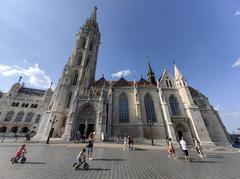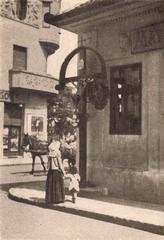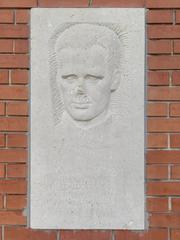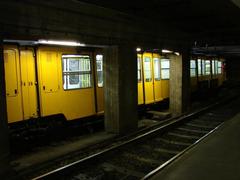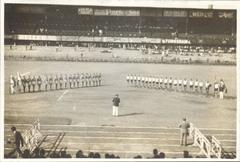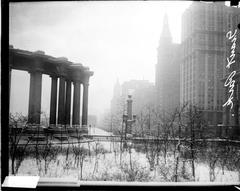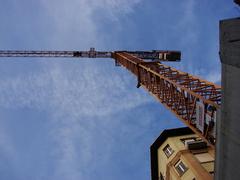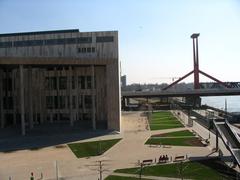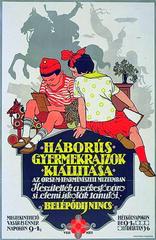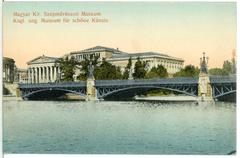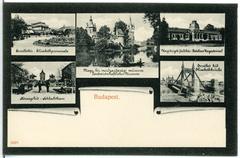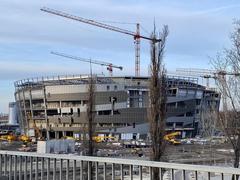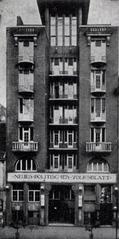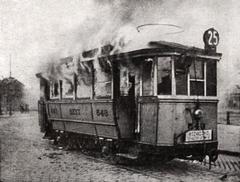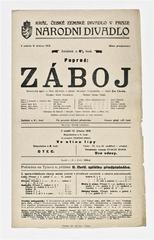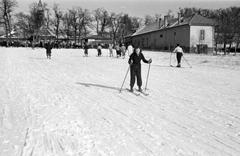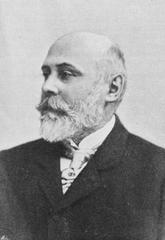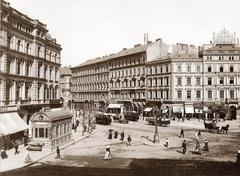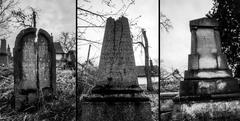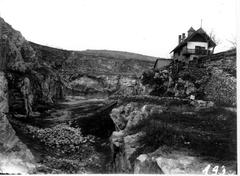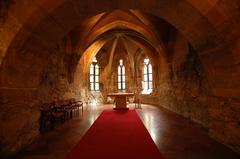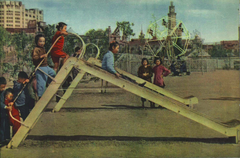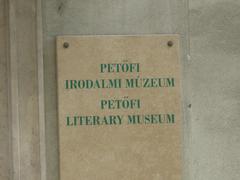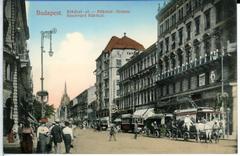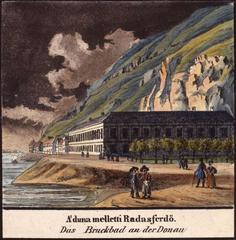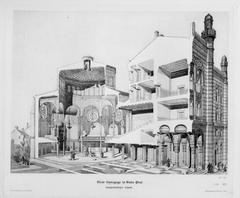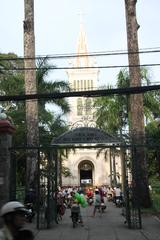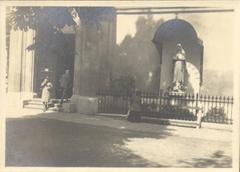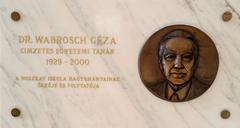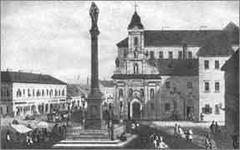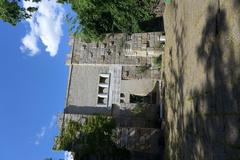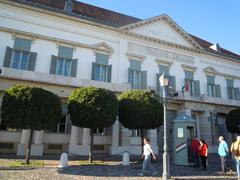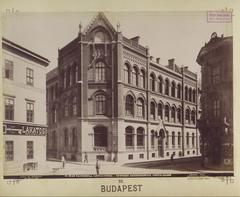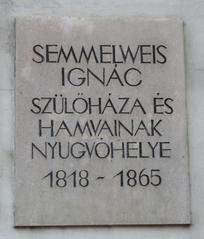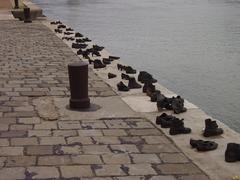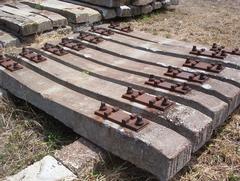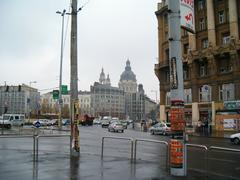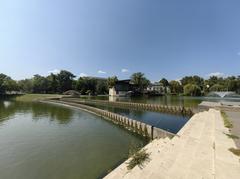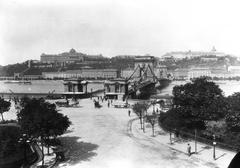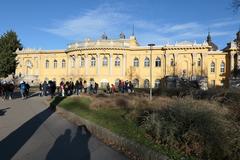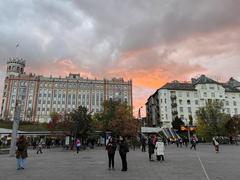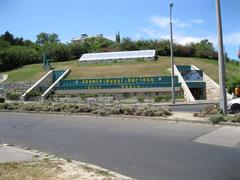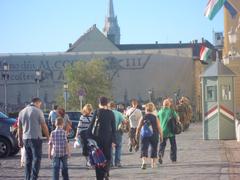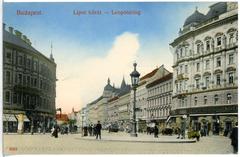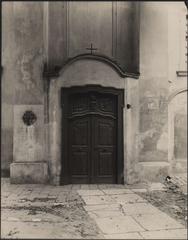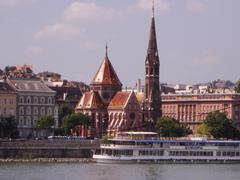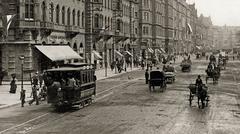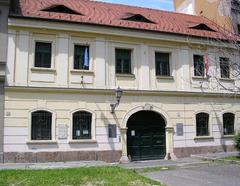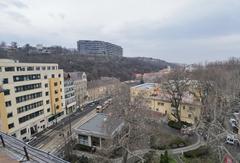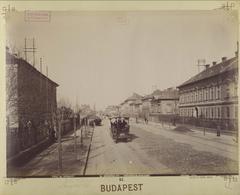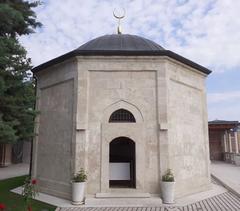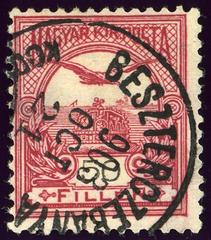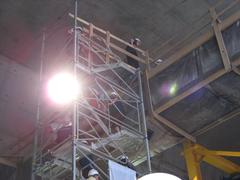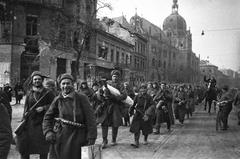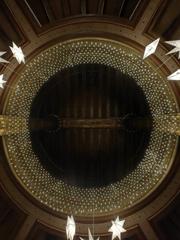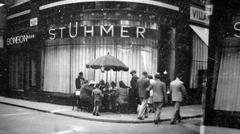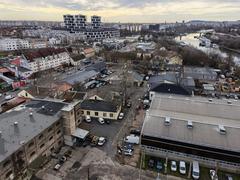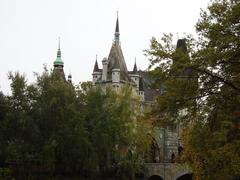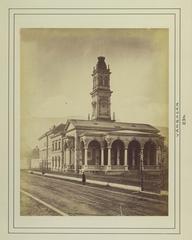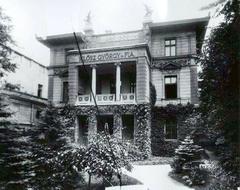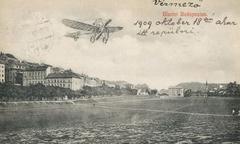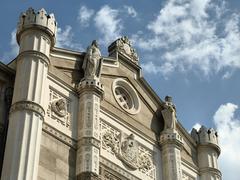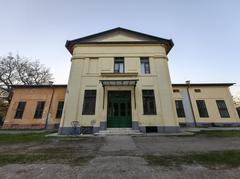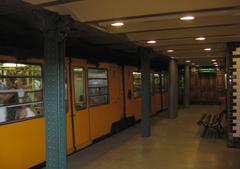Budapest City Archives: Visiting Hours, Tickets, and Historical Information
Date: 04/07/2025
Introduction: Explore Budapest’s Documentary Heritage
The Budapest City Archives (Budapest Főváros Levéltára) is a cornerstone of Hungarian cultural life, safeguarding centuries of urban history and providing unparalleled insights into the evolution of Budapest. From medieval charters to contemporary records, the Archives document the unification of Buda, Pest, and Óbuda in 1873 and the city’s journey into a vibrant European capital. Open to visitors, researchers, and genealogy enthusiasts, the Archives offer extensive collections, modern facilities, free general entry, and engaging digital tools such as the Budapest Time Machine. This comprehensive guide covers everything you need to plan an informative and memorable visit—including Budapest City Archives visiting hours, ticket information, accessibility, research services, and nearby attractions (Budapest City Archives official website, Budapest Time Machine, Budapest Tourist Info).
Contents
- Discover the Budapest City Archives: Why Visit?
- Historical Development and Notable Collections
- The Digital Era: Budapest Time Machine
- Visitor Information: Hours, Tickets, and Services
- Accessibility and Facilities
- Research, Genealogy, and Educational Programs
- Nearby Attractions and Planning Tips
- Frequently Asked Questions (FAQ)
- Key Takeaways
- Sources
Discover the Budapest City Archives: Why Visit?
As the official depository of Budapest’s municipal records, the Archives trace the city’s transformation from medieval times to the present, preserving documents, architectural plans, photographs (including the György Klösz collection), and personal papers of influential figures. Visitors can access reading rooms, digital catalogs, exhibitions, and expert assistance—making the Archives a vital resource for historical, genealogical, and urban studies.
Historical Development and Notable Collections
Origins and Growth
The Archives began collecting municipal documents before the 1873 unification of Buda, Pest, and Óbuda. Medieval charters, legal records, and property documents offer a glimpse into early city governance and daily life. As Budapest expanded, the holdings grew to include records of Ottoman occupation, Habsburg rule, 19th-century urbanization, and 20th-century political upheavals.
Major Holdings
- Medieval and Early Modern Charters: Illuminating city administration from the 14th century onward.
- Urban and Architectural Records: Maps, blueprints, and land registries chronicling Budapest’s development.
- Photographic Archives: The György Klösz collection and others, capturing cityscapes and residents.
- Private Papers: Estates of renowned Hungarian architects and influential citizens.
- Judicial and Notarial Documents: Legal files revealing property, civil, and social history.
The Digital Era: Budapest Time Machine
The Budapest Time Machine project digitizes historical maps, plans, and photographs, providing interactive access to five key urban periods (1837–1938). Recent innovations include 3D reconstructions of historic buildings, enabling virtual exploration of Budapest’s past (Budapest Time Machine). Many archival materials are also accessible via the Hungarian Archival Portal.
Visitor Information: Hours, Tickets, and Services
Visiting Hours
- Monday & Wednesday: 9:00 AM – 4:00 PM
- Tuesday & Thursday: 10:00 AM – 6:00 PM
- Closed: Fridays, weekends, and public holidays
Note: Hours may vary for special events; always confirm on the Archives’ official website before your visit.
Tickets and Entry
- Admission: Free for general exhibitions and reading rooms
- Special Events & Tours: Some may require advance booking and a small fee
Guided Tours and Workshops
- Guided Tours: Available by appointment, offering insights into preservation, digitization, and bookbinding processes
- Workshops & Exhibitions: Regularly held; check the events calendar
Research Access
- Registration: Required for access to reading rooms; bring valid ID
- Digital Catalogs: Onsite terminals for document requests
- Photography: Permitted for research purposes (no flash/tripods); reproduction services available for a fee
Accessibility and Facilities
- Location: Teve utca 3–5, District XIII, Budapest—easy access via Metro Line 3 (Dózsa György út station) and other public transport
- Wheelchair Accessible: Ramps, elevators, and adapted restrooms throughout the facility
- Amenities: Lockers for belongings, restrooms (including accessible facilities), cloakroom in winter, free Wi-Fi, and a small refreshment area
Research, Genealogy, and Educational Programs
- Genealogical Research: Extensive civil and parish records; staff assist with Hungarian, Latin, and German documents
- Reading Rooms: Modern spaces for study, with expert assistance
- Public Programs: Regular exhibitions, lectures, and educational activities for all ages
Nearby Attractions and Planning Tips
- Cultural Neighbors: Hungarian National Museum, Margaret Island, Parliament Building, Museum of Ethnography, Danube promenade
- Local Amenities: Cafés, restaurants, and shops nearby
- Public Transport: Highly recommended due to limited parking and city traffic (Budapest public transport guide)
Frequently Asked Questions (FAQ)
Q: What are the Budapest City Archives visiting hours?
A: Monday & Wednesday 9:00 AM – 4:00 PM; Tuesday & Thursday 10:00 AM – 6:00 PM; closed Fridays, weekends, and public holidays.
Q: Is there an entry fee?
A: General admission is free; some special events or tours may require a ticket.
Q: Are guided tours available?
A: Yes, by appointment; check availability online.
Q: Is the Archives building wheelchair accessible?
A: Yes, with full mobility support and adapted restrooms.
Q: Can I take photos inside?
A: Allowed in public/exhibition areas without flash; restrictions apply in reading rooms.
Q: Is advance booking required?
A: Recommended for research access and tours, especially during peak times.
Q: What language support is available?
A: Hungarian and English; archival materials may be in Hungarian, Latin, or German.
Key Takeaways
- Free entry to exhibitions and general areas; register for research access and book tours in advance.
- Central location with excellent public transport connections.
- Digitized collections and interactive resources like Budapest Time Machine expand access.
- Comprehensive facilities ensure a comfortable and accessible visit for all.
- Combine your visit with nearby historical and cultural attractions.
Sources
- Budapest City Archives official website
- Budapest Time Machine
- Budapest Tourist Info
- Budapest public transport guide (Lonely Planet)
- Hungarian Archival Portal
- Journey by Backpack Budapest Travel Guide
For more details, virtual tours, and the latest news, visit the Budapest City Archives official website or download the Audiala app for guided tours and enhanced visitor experiences.
